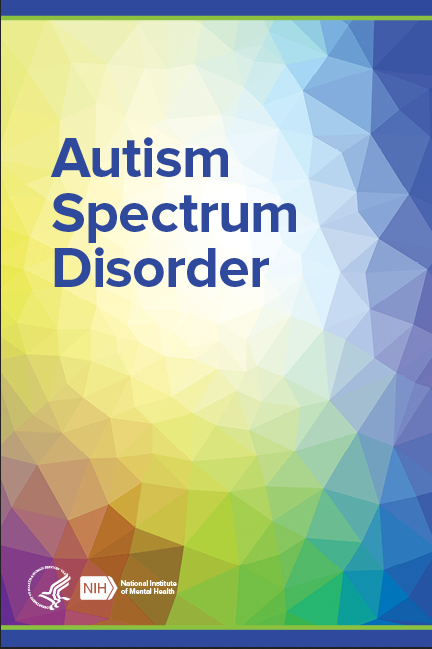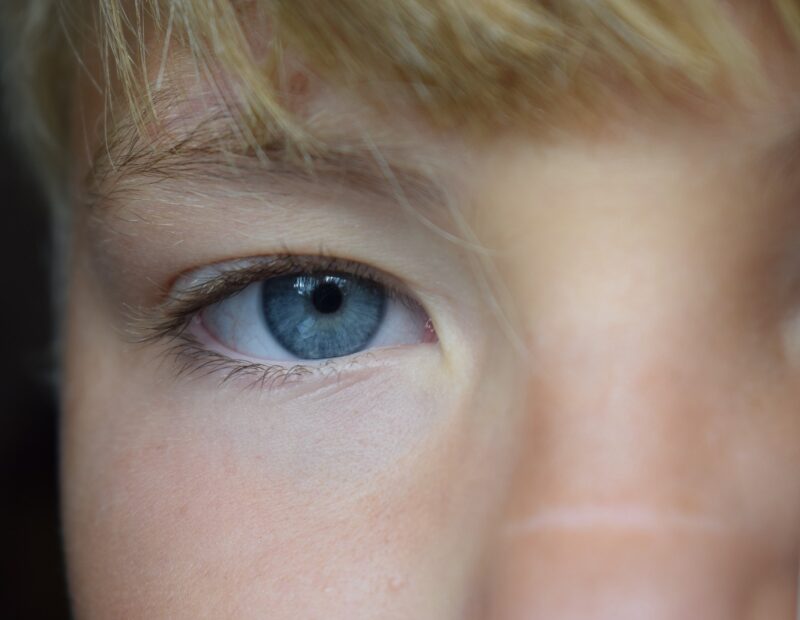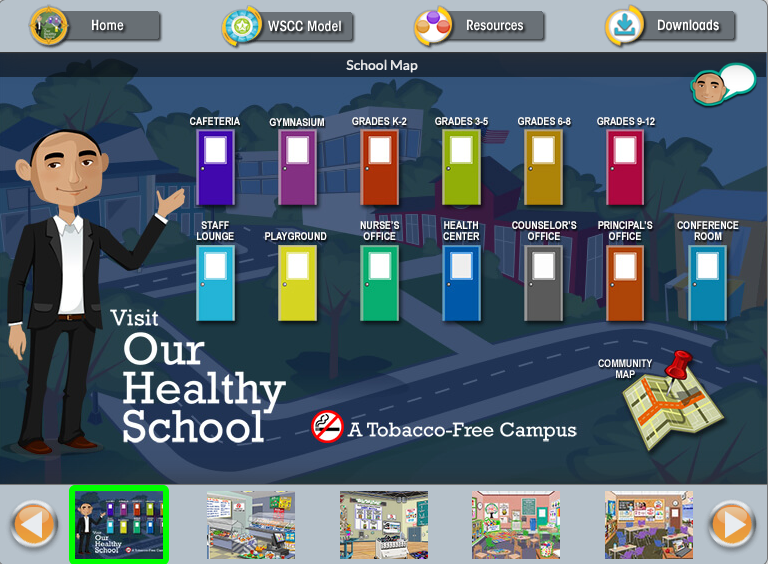
Behavior Therapy for Young Children With ADHD: An Overview for Parents and Caregivers [downloadable]
You can help your young child with attention-deficit/hyperactivity disorder (ADHD) by learning parenting strategies that encourage positive behaviors and discourage negative ones. Behavior therapy for young children with ADHD gives parents the knowledge and skills they need to help their Read more >>











